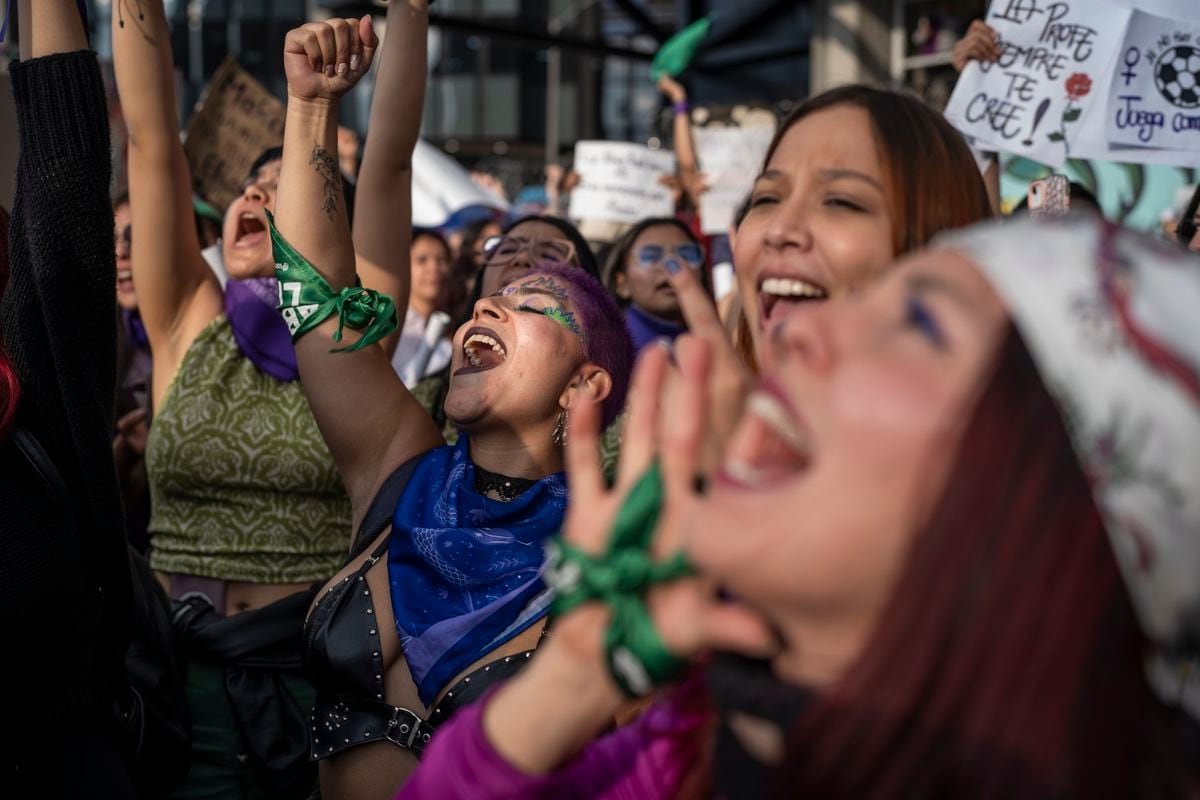Illustration of the story of the children of Mihriban Kader, of the Uighur ethnic group, who were interned in an 'orphan camp' even though their mother is alive. Amnesty International
It is neither accident nor coincidence that China is committing what many call genocide against Muslim Uighurs in Xinjiang and that Russia has imprisoned dissident Alexei Navalni.
The Chinese need a quiet Xinjiang because it is a key node of their Belt and Road Initiative that spans the Eurasian area.
The Kremlin needs government institutions to cover up the accumulation of wealth by a gangster elite and consequently sees Navalni as a serious threat.
Both countries are dominated by autocratic systems with their nerves on the surface that cannot afford to offer anybody options.
In carrying out their recent abuses, they have implicitly made calculations about how the United States and its allies will respond ... or not.
Strong human rights policy is vital for the great powers of the 21st century because serious violations of internationally accepted norms are central to the governance of authoritarian regimes.
For this reason, the United States must not divest itself of the strategic advantage conferred by its long-standing commitment to human rights.
Foreign policy reflects a hierarchy of needs.
For the United States, the question is not whether human rights should be dominant or absent in its foreign affairs decisions, but what should be its place in responding to a given situation.
A foreign policy dominated entirely by human rights would be unsustainable, forcing the United States to abandon core national interests - such as keeping the peace with other nuclear powers - and dragging authorities from one humanitarian crisis to another. However, one that practically ignored human rights would reduce this country to the
one-dimensional
realpolitik
that characterizes Chinese and Russian behavior. Concern for human rights is what differentiates the US from the other great powers.
This difference is all the more important at a time when many US allies will have China as their biggest trading partner.
As China's economic reputation grows, a United States that cannot appeal to the core values of its allies will soon find itself at a distinct disadvantage.
It is true that Asians and Europeans talk a lot about human rights while practicing relentless
realpolitik
at home, but the fact that they need to talk so much about it is a reflection not only of how they want to be seen, but also how they want to see themselves. .
The United States can tap into these sources of national identity.
It can become the great power with which small and medium-sized countries aspire to align themselves.
But it cannot do so without putting some emphasis on human rights.
America's use of human rights as a foreign policy tool appeared after the carnage of World War II and then received a major boost with the clear end of the Cold War, when Western democracies triumphed over the repressive empire. Soviet. In the Cold War years, human rights were an integral part of a foreign policy that combined realism and internationalism.
Indeed, realism was laden with internationalism and concern for human rights. The United States practiced intense
realpolitik
while championing the Helsinki process to support dissidents in the Soviet bloc. This was particularly true in the Reagan era, when the State Department under Secretary of State George Shultz was brimming with intelligence specialists and a few neocons in key offices.
After the Cold War and the unfortunate American wars in Iraq and Afghanistan, American realism lost its internationalist character and morphed into neo-isolationism. The previous emphasis on the promotion of human rights was markedly reduced and the human rights agenda was transformed into a narrow ideology driven by journalistic and foreign policy elites long obsessed with humanitarian problems, to the point of almost excluding national interests.
This gap has been reflected in the deepest polarization between parties in the country: Republicans have adopted a sharply retrograde right-wing nationalism, while Democrats have moved to have a globalist and progressive left vision, since the center has been lost. political, it is rarely spoken in the same discourse of realism and human rights. But unless American foreign policy reconciles realism and a concern for human rights, the country will lack an attractive vision of global leadership that can prevail in competition with China and Russia.
The United States cannot regain the political unity it enjoyed during World War II, the Cold War, and even the terrorist attacks of September 11, 2011. However, on the subject of foreign policy, the Administration of President Joe Biden will have to strike a balance between the two extremes of neo-isolationism and rampant globalism.
Perhaps the best barometer of its success is concern for human rights and how it is applied in a variety of contexts.
Robert D. Kaplan
He is head of Geopolitics at the Institute for Foreign Policy Studies.
He is the author of 19 books, the most recent of which is
The Good American: The Epic Life of Bob Gersony, the US Government's Greatest Humanitarian
.
Translated by
David Meléndez Tormen.
© Project Syndicate, 2021. www.project-syndicate.org

/cloudfront-eu-central-1.images.arcpublishing.com/prisa/QQFSAENDGBBNVGSRHHBMPU4UWY.jpg)
/cloudfront-eu-central-1.images.arcpublishing.com/prisa/W33JSXVPKRF7FMDYEETPSPNNKY.jpg)



/cloudfront-eu-central-1.images.arcpublishing.com/prisa/FHMSCEHBDRBXBH75XKQKTP6AD4.jpg)


